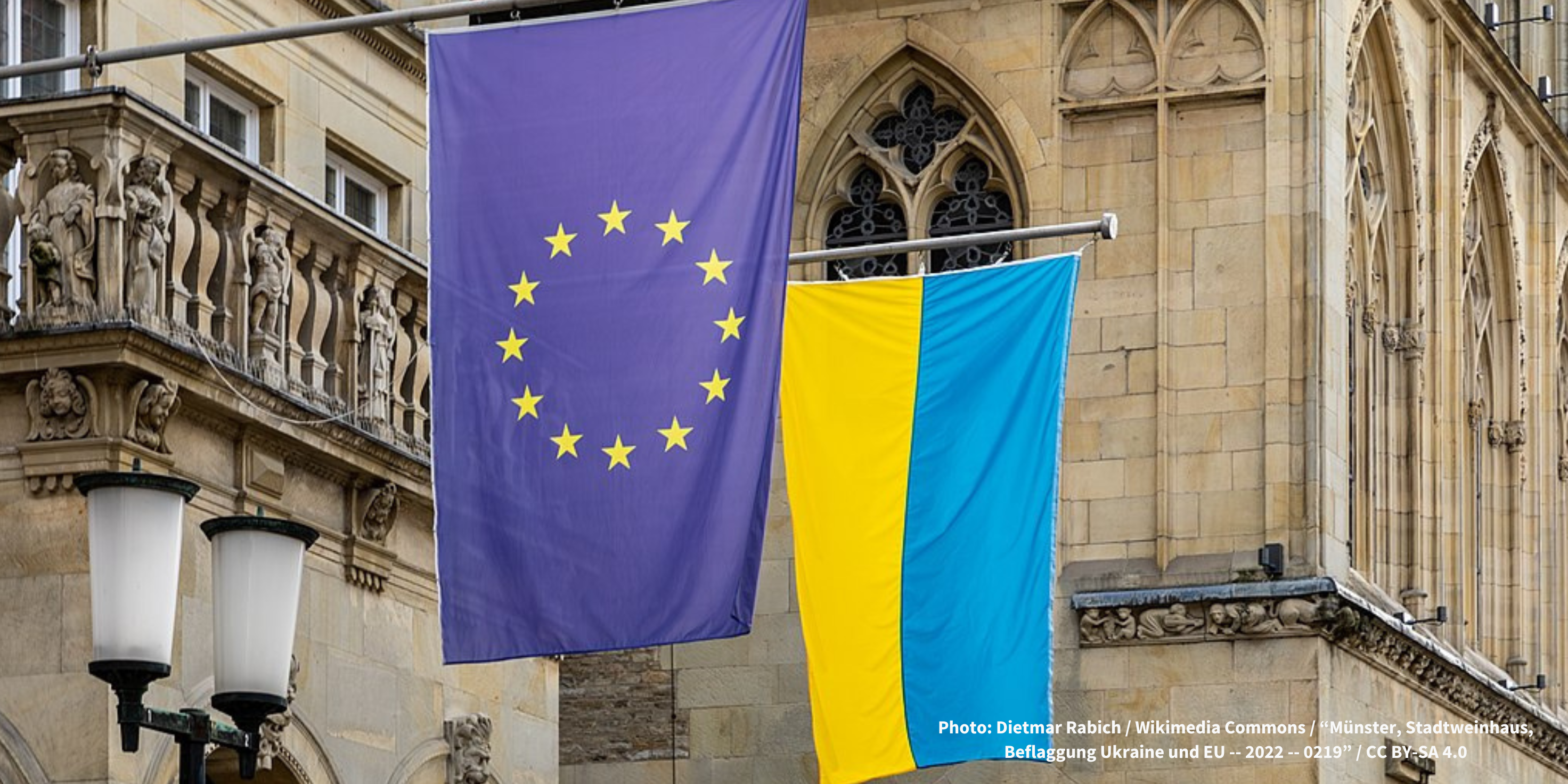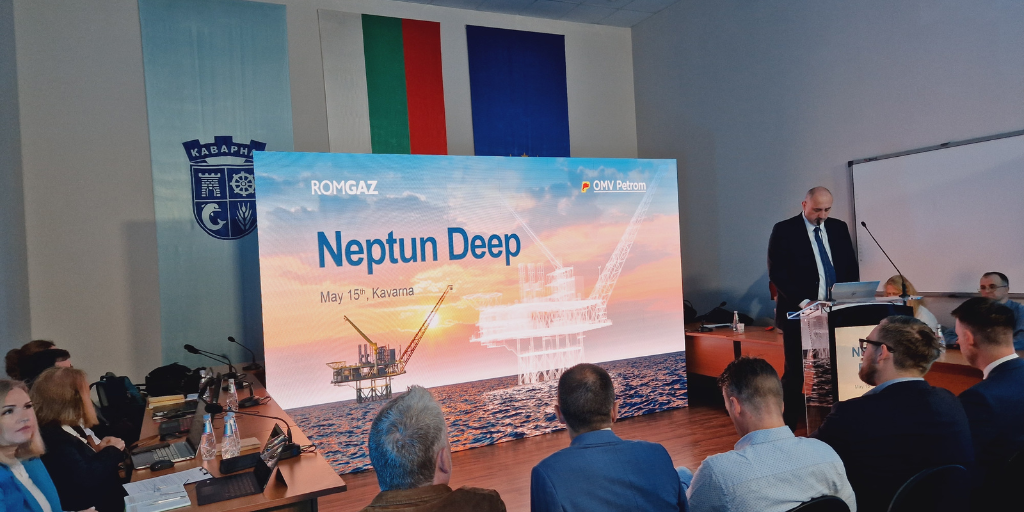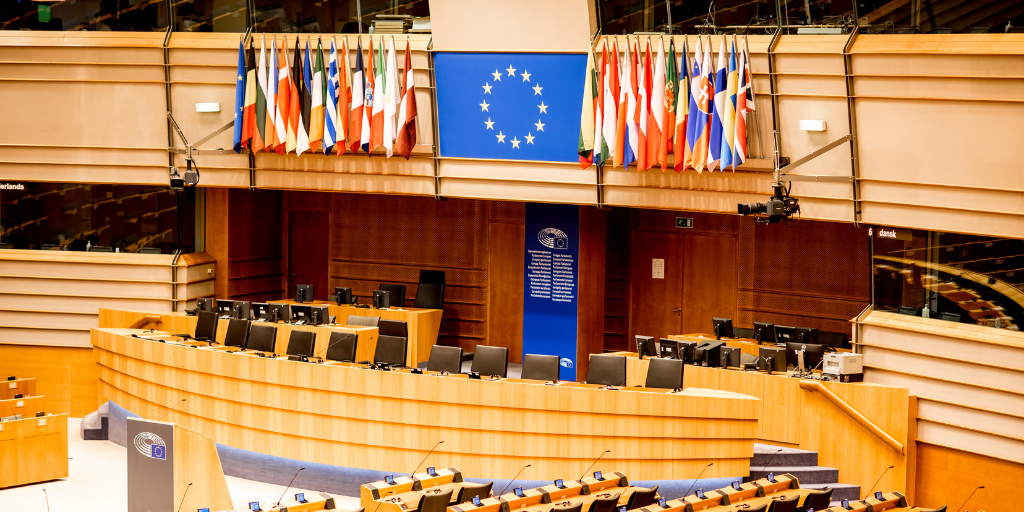The Ukrainian government recently unveiled its Ukraine Plan, a key component of the Ukraine Facility, the EU’s 2024–2027 financial support programme aimed at rebuilding the country. The plan outlines several positive steps towards achieving a sustainable recovery, including a commitment to low-carbon, circular, and nature-friendly reconstruction efforts. However, there is much room for improvement.
You(th) have a say in shaping the EU’s just transition
May 31, 2024 | Read more
Picture a large, stuffy room within European Commission headquarters usually reserved for formal gatherings. On 19 April, at an event that officially concluded the EUTeens4Green initiative, the space was transformed by the infectious energy of over a hundred young leaders. These EUTeens4Green ambassadors shared their inspiring messages and passionate stories, calling on the EU to involve the young generation in climate action.
Plans to drill for fossil gas off the coasts of Romania and Bulgaria are being advanced by a subsidiary of Austrian energy giant OMV, threatening to slow down Europe’s energy transition.
This week, 30 civil society groups have written to the Regional Cooperation Council (RCC) and European Commission, asking for meaningful consultations on the update of the Action Plan for the Green Agenda for the Western Balkans, planned to take place this year.
On 10 May, 25 dedicated municipality employees from the city of Daugavpils in Latvia took part in a transformative seminar aimed at integrating zero-emission technologies and renewable energy solutions into public infrastructure.
With the recent adoption of the “foreign representatives” law in Kyrgyzstan and a similar “foreign influence” bill awaiting final approval in the Georgian parliament, civic space continues to shrink in the EBRD’s countries of operations.






